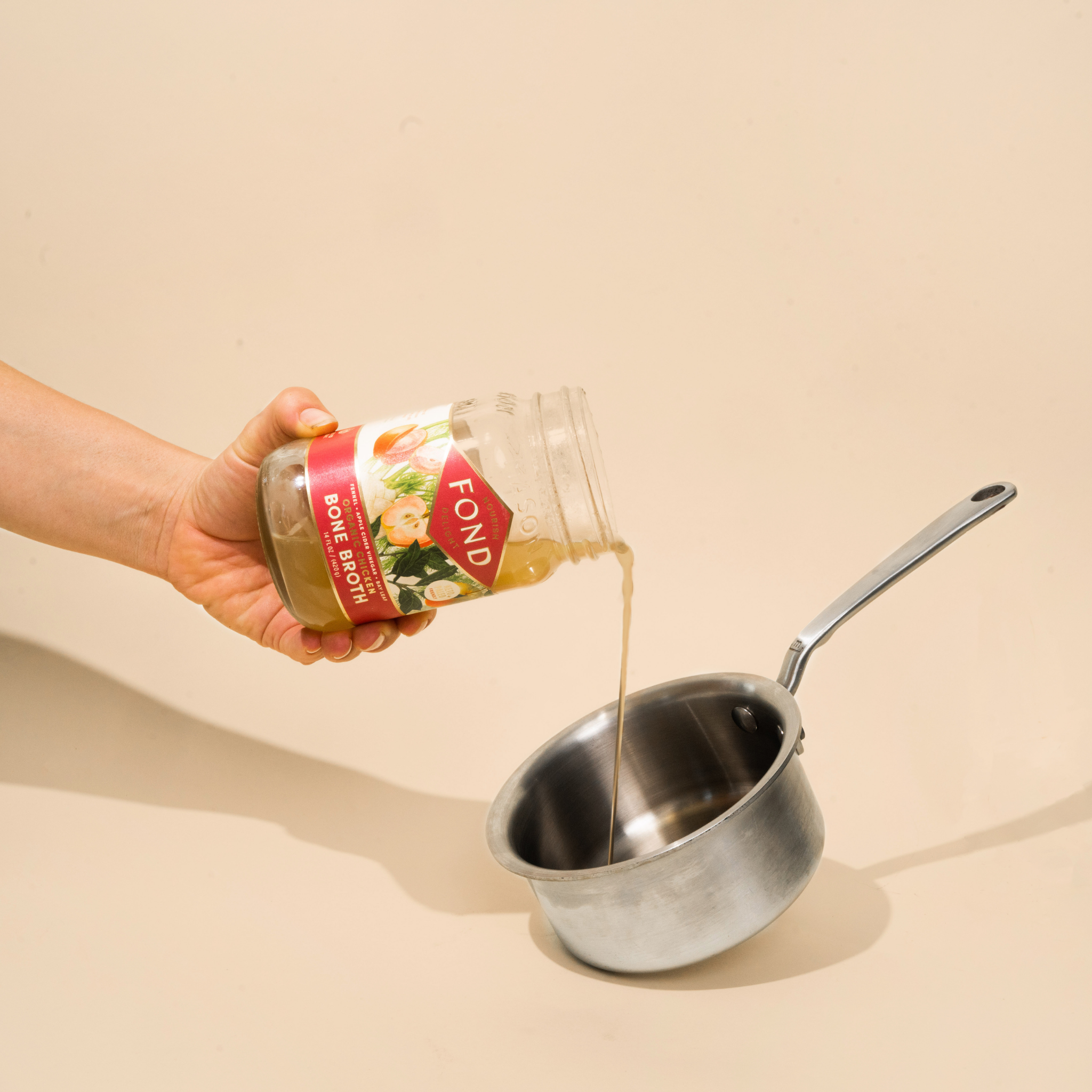This blog post is written by our friends at The Lanby. Find out more about them at the bottom of the page!
In an age where cognitive demands are ever-increasing, prioritizing brain health is essential for maintaining overall well-being and peak performance. Understanding the importance of brain health and implementing strategies to optimize cognitive function can lead to a more vibrant, fulfilling life.
Introduction to Brain Health
Your brain functions as a sophisticated supercomputer, responsible for generating thoughts, processing information, and making decisions. It orchestrates a myriad of tasks through interconnected networks and systems, meaning that optimizing one area can positively impact others. Upgrading both the "software" (mental skills like focus and memory) and "hardware" (brain structure and function) enhances cognitive abilities, emphasizing the necessity of maintaining robust brain health.
Strategies for Brain Optimization
Exercise
Regular physical activity is a cornerstone of brain health. Aerobic exercise, in particular, stimulates the production of brain-derived neurotrophic factor (BDNF), which supports brain health and cognitive function. It increases hippocampal volume, improves memory, and enhances mood and cognitive function through increased blood flow and the release of growth factors.
Diet
A nutrient-rich diet emphasizing whole foods and limiting ultra-processed foods provides essential nutrients for optimal brain function. Key dietary components include:
- Leafy Greens: Packed with antioxidants and vitamins.
- Fatty Fish: Rich in omega-3 fatty acids crucial for brain health.
- Berries, Nuts, & Seeds: High in antioxidants and healthy fats.
- Olive Oil & Avocados: Provide essential fats and vitamins.
Learn more about foods that support mental health here.
Additionally, the gut-brain axis also plays a crucial role in mood, cognitive function, and overall health. Dietary choices influence gut microbiota, impacting brain function via bidirectional communication pathways. Maintaining a healthy gut microbiome through dietary interventions is also an important component of brain health. In addition to incorporating the key dietary components mentioned above, foods that support a strong gut include:
- Prebiotic-rich foods: apples, dandelion greens, garlic (if you can tolerate it), onions, leeks, asparagus, bananas, oats, flaxseeds, burdock root, and seaweed. These are high fiber foods that feed the good bacteria in your gut. Learn more about the power of prebiotics here.
- Probiotic-rich foods: pickles, sauerkraut, kimchi, miso or kefir. These are fermented foods that naturally have good bacteria.
- Fiber-rich foods like non-starchy veggies: spinach, artichoke, asparagus, bean sprouts, brussels sprouts, broccoli, celery, cucumber, mushrooms, and salad greens. Non-starchy veggies are nutrient-dense and high in fiber to support digestion.
- Bone broth: Rich in collagen and gelatin, which help support the integrity of the gut lining and promote a healthy digestive tract. It also contains amino acids like glutamine that aid in reducing gut inflammation and enhancing overall gut health. We love FOND Bone Broth.
Hydration is equally important, as dehydration can impair cognitive function and mood. Aim to drink plenty of water throughout the day while limiting sugary drinks and alcohol. Learn how to stay hydrated and calculate your needs here.
Lifestyle Habits
Implementing positive lifestyle habits can significantly influence brain health:
- Mindfulness: Practices like meditation, yoga, and deep breathing promote mental clarity, emotional well-being, and stress reduction.
- Stress Reduction: Chronic stress negatively impacts brain health. Incorporate mindfulness meditation, deep breathing exercises, yoga, or nature time into your routine.
- Quality Sleep: Essential for memory consolidation and metabolic rejuvenation, good sleep supports overall cognitive health. Strategies for better sleep include creating a conducive sleep environment, establishing a consistent sleep schedule, and prioritizing relaxation techniques before bedtime. Learn more about our top tips for restful sleep here.
- Social Connections and Intellectual Activities: Cultivating social connections and engaging in intellectual activities are crucial for cognitive vitality. Social interactions and hobbies stimulate the brain, improving cognitive function and reducing the risk of dementia.
Assessing Brain Health
Regular assessments can help monitor and maintain brain health:
- Key Biomarkers: Indicators such as fasting glucose, triglycerides, and sleep quality offer insights into brain health and metabolic function.
- Advanced Neuroimaging: Techniques like functional MRI and PET scans provide valuable information about brain structure and function, aiding in the early detection of neurodegenerative diseases.
- Regular check-ups and addressing any abnormalities can help prevent cognitive decline and improve overall well-being.
Conclusion
Optimizing brain health is a multifaceted approach involving exercise, diet, lifestyle habits, social connections, and sleep. By understanding and implementing these strategies, you can enhance cognitive function, prevent cognitive decline, and enjoy a healthier, more vibrant life. Regular assessments and a proactive approach to brain health can help you stay sharp and resilient in the face of life's challenges.
Taylor Fazio is a Wellness Advisor at The Lanby. She holds a Bachelor of Science in Nutrition and Dietetics and a Master of Science in Clinical Nutrition from New York University. She specializes in pre/postnatal nutrition. Taylor’s all-around expertise encompasses nutrition, movement, sleep, and stress management. She takes an individualized approach with each Lanby member, ensuring personalized strategies that help them feel their best. Follow @the.lanby and @taylored.health for more wellness insights.

















































